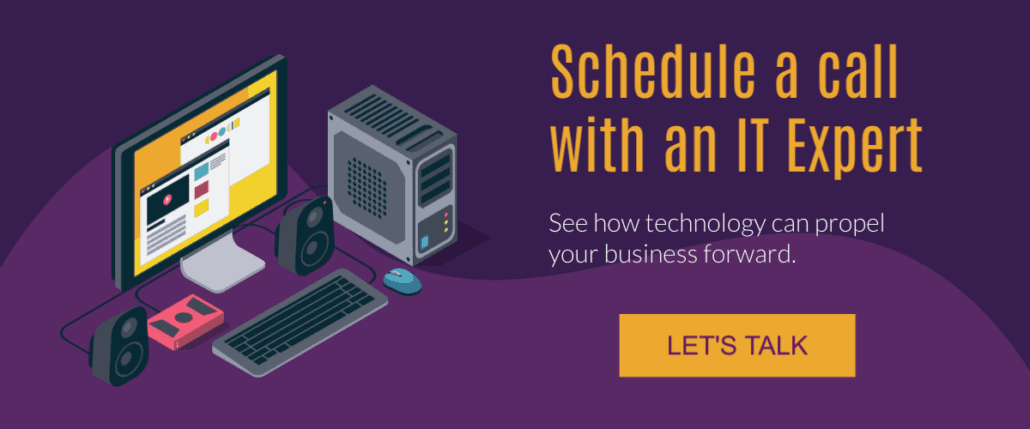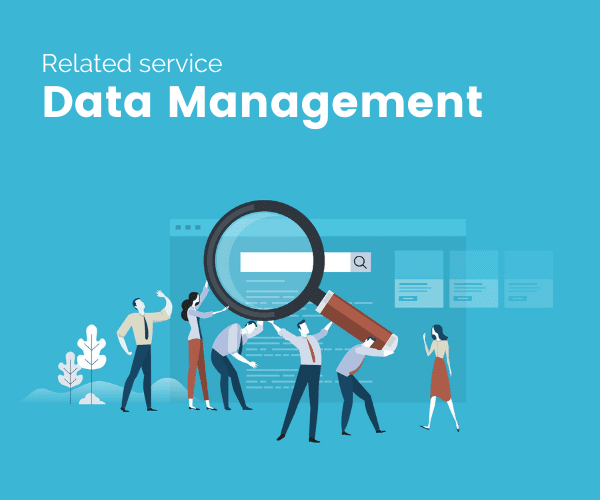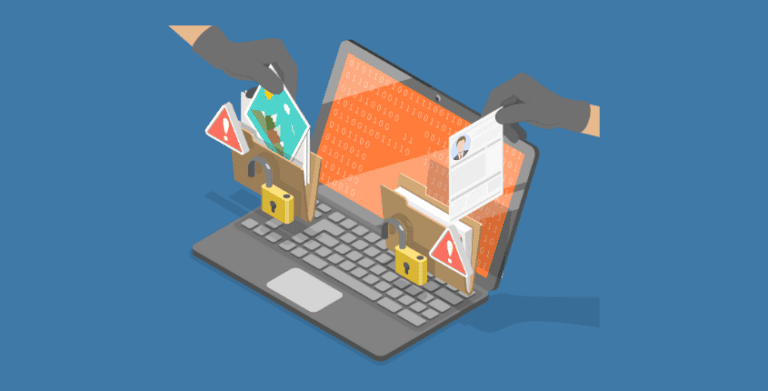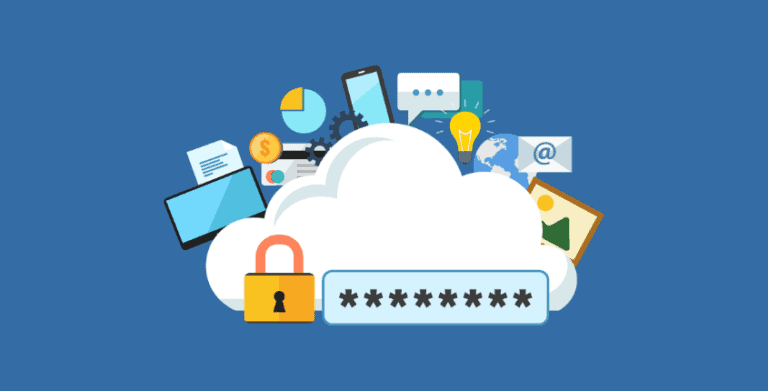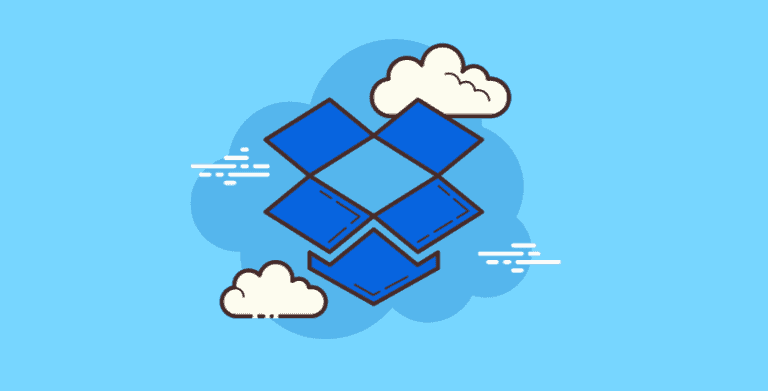Protecting Your Business in a Mobile World: The Importance of Endpoint Management and Malware Prevention
Smartphones and tablets have become essential devices for business operations. With the rise of remote work and mobile device usage in the business environment, it’s more important than ever to ensure that these devices are secure and managed efficiently. Endpoint management and malware prevention on smartphones and tablet devices are not just a recommendation; they are a necessity for small businesses.
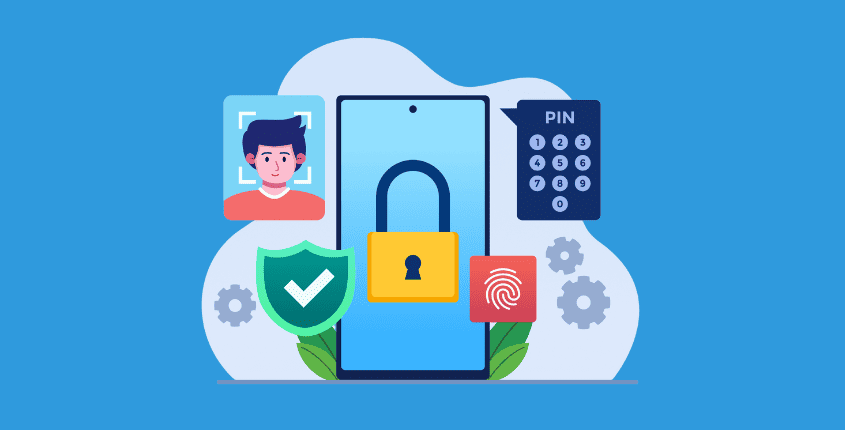
Understanding the Threat
Smartphone malware is a growing threat that targets vulnerabilities in mobile devices to steal data, monitor user activity, and even take control of devices. As reported by TechRadar, malware attacks on smartphones are becoming increasingly sophisticated and widespread, targeting users for their personal information and businesses for their confidential data. Small businesses, often lacking in robust IT departments, are particularly vulnerable to these threats.
The Role of Endpoint Management
Endpoint management refers to the process of managing and securing the various devices that connect to your business network, including smartphones, tablets, laptops, and desktops. For small businesses with 5 to 100 employees, implementing an endpoint management solution means you can:
- Monitor device health and usage: Keep track of which devices are accessing your network, what they are accessing, and ensure they are operating under the security policies you’ve set.
- Enforce security policies: Automatically apply updates and patches, ensure anti-virus and malware protection are up to date, and manage device configurations to maintain security standards.
- Secure data: Encrypt sensitive data on devices to protect it in case of theft or loss, and remotely wipe data if necessary.
Preventing Malware on Smartphones and Tablets
Malware prevention is critical in protecting your business from cyber threats. Here are some strategies to keep your mobile devices safe:
- Keep devices updated: Ensure that all devices are regularly updated with the latest software patches and security updates. These updates often contain fixes for security vulnerabilities that malware exploits.
- Educate employees & contractors: Train your employees on the importance of cybersecurity and how to recognize phishing attempts and suspicious links, which are common methods for installing malware on devices.
- Install reputable security apps: Use trusted security applications on all mobile devices that can detect and prevent malware infections. (We can help you find the right firewall, antivirus and endpoint management solutions for your business.)
- Enforce strong authentication measures: Use strong, unique passwords and consider implementing multi-factor authentication to add an extra layer of security.
Weighing the tradeoffs between device ownership and security
Regardless of whether devices are employer-supplied or part of a bring-your-own-device (BYOD) program, some elements of your endpoint security strategy should remain consistent:
- Regular Audits and Assessments: Periodically assess the security posture of all devices, whether BYOD or employer-supplied, to ensure compliance with your security policies.
- Incident Response Plan: Have a plan in place for responding to security incidents, including steps to isolate affected devices and prevent the spread of malware.
- Continuous Education: Cybersecurity threats are constantly evolving. Regularly updating employees on new threats and safe practices is key to maintaining security.
Consider Supplying Devices for Employees
When you supply devices for employees, the company has full control over the hardware and how it is used. This scenario allows for a more uniform and stringent implementation of security policies.
For example, employers can issue standardized devices with pre-installed security software. You can then create strict training and compliance procedures about device usage. When an employee leaves, they simply turn in their smartphones, laptops, and keys.
What about Employee-Owned Devices (BYOD)?
The BYOD model offers flexibility and potential cost savings for a business, but introduces security (and productivity) challenges. To mitigate these risks while respecting the privacy of employees, we’d advise you to consider establishing:
- Clear BYOD Policies: Establish a comprehensive BYOD policy that outlines acceptable use, security requirements, and responsibilities. This policy should be agreed upon by both the employer and the employee.
- Segregation of Data: Use mobile application management (MAM) tools or containerization to separate business data from personal data. This helps protect business information without infringing on the employee’s personal data and apps.
- Device Compliance: Implement a system to ensure that employee-owned devices comply with your company’s security standards, such as requiring password protection, encryption, and the installation of approved security software.
- Remote Management Capabilities: Ensure that your endpoint management solution includes the ability to remotely wipe business data from employee-owned devices if they are lost, stolen, or if the employee leaves the company.
The Bottom Line
For small-to-midsized businesses, the security of smartphones and tablets is not just about protecting the device itself but safeguarding the sensitive business data they access and store. By implementing a comprehensive endpoint management system and adopting proactive malware prevention strategies, you can protect your business from the inside out, ensuring operational integrity and maintaining your customers’ trust.
In the face of increasingly sophisticated cyber threats, taking action to secure your mobile business environment is a smart investment in your company’s future. Remember, in today’s digital world, your business’s security is only as strong as the weakest link in your network. Ensuring that all endpoints, including smartphones and tablets, are well managed and protected from malware is a critical step in fortifying that chain.
Getting Started with Mobile Security Solutions
Our Eclipse Consulting IT professionals will work closely with you to find the right balance of security, convenience, and cost. We offer mobile security solutions that work well with other security solutions in our technology stack.
We look for solutions built with small to medium-sized businesses in mind, even if you don’t have a dedicated IT department to manage all the moving parts, you still need to protect your business assets and data effectively.
Don’t wait for a security breach to occur before taking action. Let us help you protect your business from ransomware and other cyber threats by getting in touch with us today.
Frequently Asked Questions
What is endpoint management?
Endpoint management is the process that your IT teams use to authenticate, monitor and provide access to your devices.
Why do I need endpoint management?
You need endpoint management to monitor your device usage and health, enforce security policies, and keep your data safe.
Why is endpoint management important?
Endpoint security management is important to help pinpoint and reduce risk across your organization.

